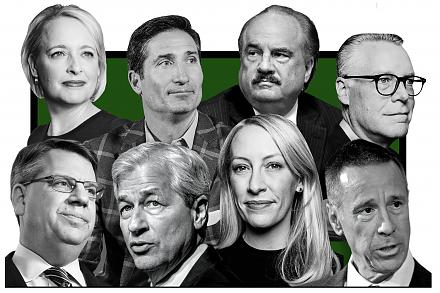

2018-12-15 14:38:00 Sat ET
technology antitrust competition bilateral trade free trade fair trade trade agreement trade surplus trade deficit multilateralism neoliberalism world trade organization regulation public utility current account compliance
Google CEO Sundar Pichai makes his debut testimony before Congress. The post-mid-term-election House Judiciary Committee bombards Pichai with key questions on whether the Internet search company harbors political bias. Lawmakers further ask him about some recent Google plans to re-enter the Chinese market with its Project Dragonfly and user privacy initiatives. Pichai pushes back against several allegations and accusation of partisan bias. He emphasizes the fact that Google provides Internet platforms for both diverse and open perspectives and opinions while there is no shortage of them among Google executives and other employees.
Pichai leads the Internet search platform enterprise without political bias and thus works hard to ensure that all Google software products continue to operate that way. He also emphasizes the core conviction that any form of political bias would be inconsistent with the main principles and business interests of Alphabet, Google, and their affiliates.
The congressional testimony sheds new light on the Google PageRank black-box algorithm, which takes into account online content curation, backlink creation, and numerous other traffic-driven metrics for efficiently ranking webpages worldwide. However, this testimony leaves open the more urgent questions about the recent Google security breaches, bulk data collection practices, anti-competitive gambits, and potential antitrust regulations.
If any of our AYA Analytica financial health memos (FHM), blog posts, ebooks, newsletters, and notifications etc, or any other form of online content curation, involves potential copyright concerns, please feel free to contact us at service@ayafintech.network so that we can remove relevant content in response to any such request within a reasonable time frame.
2020-07-12 08:30:00 Sunday ET

The lean CEO encourages iterative continuous improvements and collaborative teams to innovate around core value streams. Jacob Stoller (2015)
2018-06-01 07:30:00 Friday ET

The U.S. federal government debt has risen from less than 40% of total GDP about a decade ago to 78% as of May 2018. The Congressional Budget Office predict
2019-11-26 11:30:00 Tuesday ET

AYA Analytica finbuzz podcast channel on YouTube November 2019 In this podcast, we discuss several topical issues as of November 2019: (1) The Trump adm
2019-07-05 09:32:00 Friday ET

Warwick macroeconomic expert Roger Farmer proposes paying for social welfare programs with no tax hikes. The U.S. government pension and Medicare liabilitie
2019-06-09 11:29:00 Sunday ET

St Louis Federal Reserve President James Bullard indicates that his ideal baseline scenario remains a mutually beneficial China-U.S. trade deal. Bullard ind
2021-02-01 10:19:00 Monday ET

In recent times, the International Monetary Fund (IMF) predicts that the fiscal-debt-to-GDP ratio of most rich economies would rise from 95% in 2018 to 135%